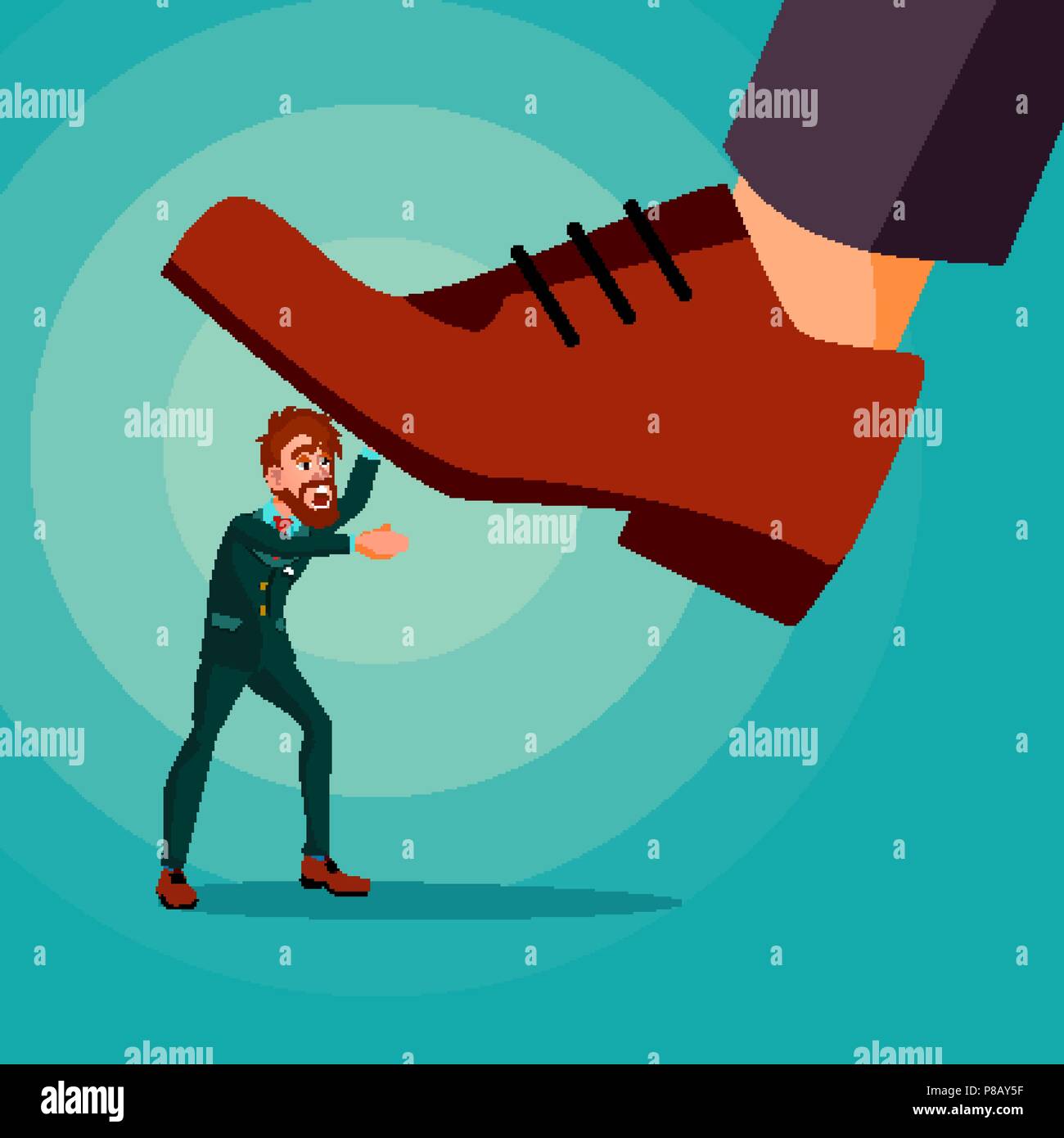

Veterans traumatized by war-or people distressed by an event in which they fear death or great harm to themselves or others-suffer from PTSD if they meet three criteria: re-experiencing, hyperarousal and avoidance.

For these men, the psychological and physiological adaptations that helped them to survive war persisted at home. All, including the social worker, have been diagnosed with post-traumatic stress disorder (PTSD). Gavin, M.S.W., the older men talk about their own problems over coffee and doughnuts this morning. Guided by 57-year-old social worker and Vietnam veteran James J. Luke provides a sense of purpose for the other vets. In the months after returning from war, he went to bars, got drunk and picked fights with strangers nearly every day. If someone touches him when he’s sleeping, he’ll attack. If someone steps into his bedroom, he’ll smell the alien scent hours later.

If someone yells at him, he’ll yell back, or worse. But he has joined the other veterans in a United Way meeting room in Meriden, Conn., because he is hurting, too. Blond, fit and handsome, he could model for a recruiting poster. The former Marine is only 24 years old, 18 months back from Iraq, and he looks good. They all fought in Vietnam, and more than 30 years later, as they enter their late 50s and early 60s, they are still paying the price.Įxcept for Luke. Their world-weary look comes from decades in which, among them, they shot heroin, smoked and drank too much, wasted years in jail, picked fights, gambled, divorced and shuttled from job to job. All but one of the 12 veterans sitting around the plastic laminate conference table appear worn and tired.


 0 kommentar(er)
0 kommentar(er)
